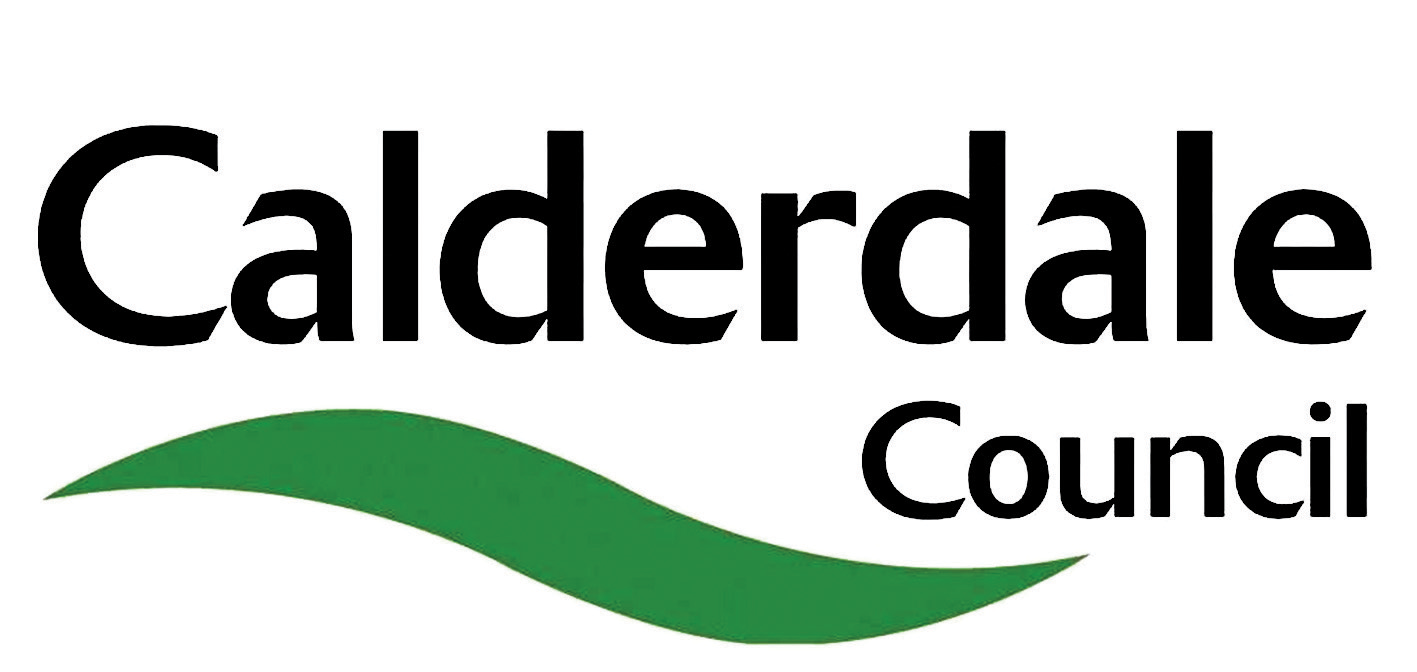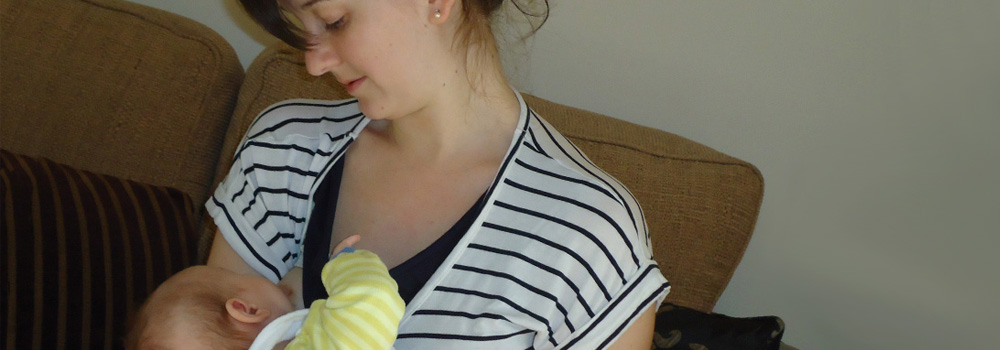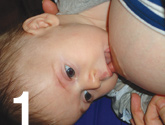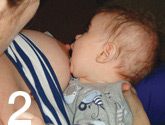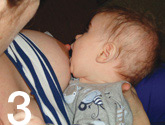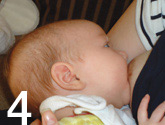It is recommended that where possible babies are exclusively fed breast milk for
at least the first six months. Breast milk is the best nutrition for your baby and
helps them to grow at the right rate and fight infections. Offer your baby lots of
opportunities to feed in the early days. Babies have very small stomachs when
they are born; they can hold just over a teaspoon full.
At birth, give your baby a long cuddle: Skin to skin contact for at least one hour
calms both mum and baby, regulates baby’s heart rate and temperature, and
stimulates mothering hormones which helps to form a close bond and increase
breast milk supply. Baby’s immediate needs are to feel safe and secure, and to
be able to feed whenever hungry. Holding your baby close to feed, and
responding to all of baby’s needs encourages healthy brain connections. Most
of this development will occur within the first two years. Responsive parenting
will enable your baby to reach its full potential, to help them form good
relationships and communicate well, giving them the best start in life.
Breastfeeding can be challenging and this is when dads and partners support
and encouragement can really help. Dads and partners can help in other ways
such as nappy changing, offering reassurance and helping with meals.
If you are struggling and finding breastfeeding difficult, don't feel alone, seek
some help. Talk to your health visitor or breastfeeding peer supporter.
How to tell your baby is having enough milk:
-
Baby is content and settled during and after each feed.
-
During a feed, you can hear baby swallowing.
-
Weight gain - checked by your
health visitor.
-
Dirty nappies, two to three soft
stools daily until four to six weeks,
after which one a day, although it
can be less frequent.
-
Wet heavy nappies - around six in 24 hours from day five.
Remember, breast milk fulfils all of your baby’s needs for around six months although you can continue breastfeeding for longer. It also reduces the incidence of sudden infant death syndrome (SIDS). Ordinary supermarket cow’s milk should not be offered until your baby reaches one year, although it is suitable to use from six months in breakfast cereals.
The Baby Café in Calderdale offers breastfeeding drop-in support. They offer help and
support to breastfeeding mothers at any stage in their breastfeeding journey,
regardless of the age of the baby or child, no matter how much breast milk you are
giving. Pregnant women are welcome too, to go along and find out about
breastfeeding.
www.thebabycafe.org
1
There is breastfeeding group
support and one to one
support available from trained
peer supporters, mums just
like you, who have breastfed
their babies. They can offer
practical solutions and advice
over the phone, through home
visits or at locations across
Calderdale. Contact
Calderdale Breastfeeding Peer
Support 07920 466660 or find
them on Facebook.
2
Have you been shown
how to hand express? It’s
a useful skill and free!
Visit your local
breastfeeding support
group, speak to a peer
supporter, your midwife
or your health visitor.
3
There may be times when
breastfeeding becomes a
problem or it may feel painful
from sore, cracked or bleeding
nipples - seek help from your
midwife, health visitor or GP. Get
advice on positioning your baby.
If your baby has oral thrush, it's
possible for your baby to pass a
thrush infection to you. The
infection can affect your nipples
or breasts.
For more information on the benefits of breastfeeding and advice on when and how to wean off breastfeeding please visit the links below:
www.unicef.org.uk/babyfriendly/emotional-experience-breastfeeding
www.nhs.uk/Conditions/pregnancy-and-baby/Pages/stopping-breastfeeding.aspx

